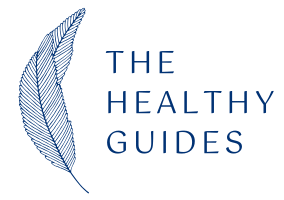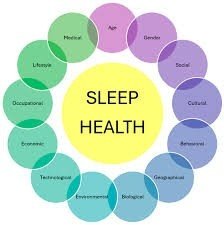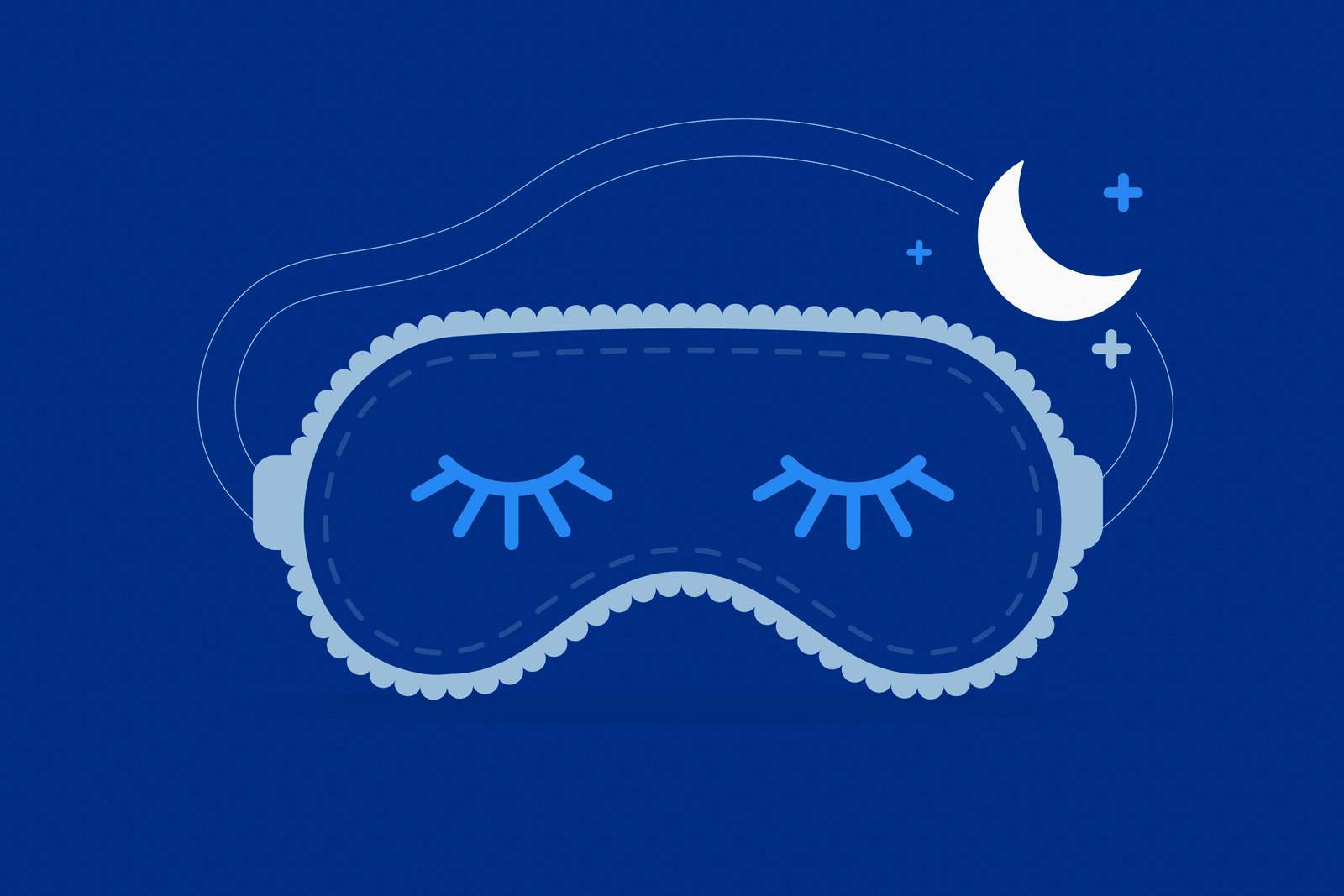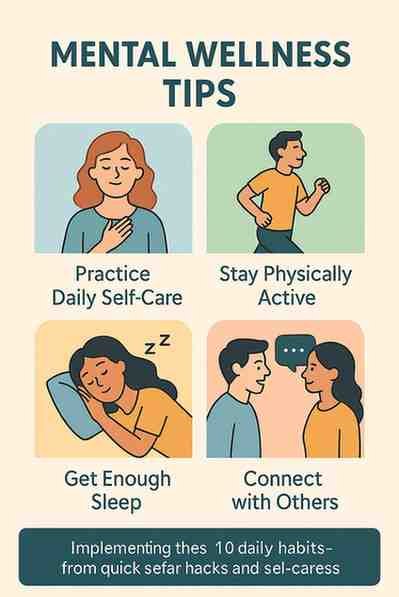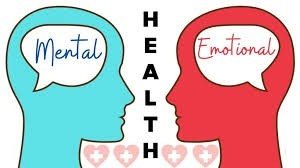Sleep Effects on Memory, Learning, Mood, Energy, Work, and Beyond
Introduction: The Overlooked Power of Sleep Effects
Sleep is one of the most underrated performance enhancers in existence. It affects the way we think, feel, learn, and even how we interact with others. Yet, it’s often the first thing we sacrifice when life gets busy.
What we often forget is that sleep effects reach far beyond feeling rested — they influence memory and learning, mood and relationships, energy levels, work performance, and even whether “catching up” on weekends actually works.
This guide explores the science of sleep effects on the brain and body, giving you insight into why prioritizing rest isn’t laziness — it’s the smartest productivity hack you can adopt.
Chapter 1: The Science Behind Sleep Effects
The Sleep Cycle and Its Problem
Sleep cycles through stages of light sleep, deep sleep, and REM sleep about every 90 minutes. Each stage has unique sleep Problem:
- Light sleep: Transitions the body into rest.
- Deep sleep (slow-wave sleep): Restores energy and consolidates memory.
- REM sleep: Supports creativity, emotional processing, and problem-solving.
Together, these cycles produce the powerful Impact of sleep that fuel learning, mood regulation, and daily performance.
Chapter 2: Sleep Effects on Memory and Learning
Encoding, Consolidation, and Retrieval
Sleep effects show up at every stage of memory:
- Encoding: Without sleep, the brain struggles to take in new information (up to 40% less effective).
- Consolidation: During deep sleep, memories are stabilized.
- Retrieval: Well-rested brains recall information faster and more accurately.
Different Types of Memory
- Declarative memory (facts): Strengthened by slow-wave sleep.
- Procedural memory (skills): Boosted during REM.
- Emotional memory: Organized during REM dreams.
These Impact of sleep explain why pulling all-nighters before exams or projects usually backfires.
Chapter 3: Sleep Effects on Mood and Relationships
Emotional Stability
Poor sleep affects the amygdala, making you more reactive and less rational. The effects include:
- Irritability
- Increased stress
- Greater risk of depression
Social Connections
Impact of sleep ripple into relationships. Couples sleep-deprived are more likely to argue, while friends and coworkers may find interactions strained. Well-rested people show more empathy, patience, and understanding.
Chapter 4: Sleep Effects on Energy Levels Throughout the Day
Recharge for the Body
The most obvious sleep effects are on energy and alertness. Without sufficient rest:
- Mornings feel sluggish.
- The afternoon slump hits harder.
- Evenings lack motivation for exercise or hobbies.
Circadian Rhythm’s Role
Your body clock regulates energy peaks and dips. Irregular sleep schedules disrupt circadian rhythms, leading to chronic grogginess no matter how much coffee you drink.
Chapter 5: Sleep Effects on Work Performance
Productivity and Accuracy
Sleep effects directly shape workplace outcomes. Sleep-deprived employees show:
- Lower focus
- Slower decision-making
- More mistakes
- Poorer problem-solving
Being awake 20 hours straight can impair performance as much as legal intoxication.
Creativity Boost
REM Impact of sleep improve creativity by connecting unrelated ideas — which is why many breakthroughs happen after “sleeping on it.”
Chapter 6: The Weekend Sleep Myth – Can You Really Catch Up?
Many believe weekend lie-ins can undo weekday sleep loss. But the reality of Impact of sleep says otherwise:
- Temporary Relief: You may feel less tired after sleeping in.
- Incomplete Recovery: Cognitive deficits and learning gaps remain.
- Circadian Disruption: Oversleeping shifts your body clock, making Sunday night and Monday morning harder.
True recovery requires consistent sleep, not weekend binges.
Chapter 7: Sleep Effects on Stress and Emotional Learning
The Stress-Sleep Loop
Stress harms sleep, and poor sleep increases stress — a cycle that amplifies negative sleep effects on memory and emotions.
Healing Through REM
One of the most fascinating Impact of sleep is the “overnight therapy” REM provides. Dreams help the brain process emotions without the full sting of stress hormones, giving perspective and balance by morning.
Chapter 8: Optimizing Impact of sleep for Maximum Benefits
Tips for Better Sleep
- Stick to a consistent schedule.
- Limit blue light from screens before bed.
- Keep the room cool, dark, and quiet.
- Avoid caffeine late in the day.
- Wind down with calming routines.
The Power of Naps
Napping produces its own Impact of sleep: short naps (20–30 minutes) refresh alertness, while longer naps that include deep sleep improve memory consolidation.
Chapter 9: Impact of sleep Across the Lifespan
- Children: Sleep effects fuel language development and learning.
- Teenagers: Later biological clocks clash with early school times.
- Adults: 7–9 hours is the sweet spot for peak performance.
- Older adults: Sleep becomes lighter, but routines preserve quality.
Conclusion: Impact of sleep Are Life Impact
When you look closely, sleep effects touch nearly every aspect of human life: memory, learning, mood, relationships, energy, creativity, and productivity. Skipping sleep doesn’t save time — it steals from tomorrow’s potential.
The smartest move you can make for health, success, and happiness is to respect and harness sleep effects daily.
Frequently Asked Questions (FAQs)
1. What are the most important sleep effects on the brain?
Improved memory, stronger learning, emotional regulation, creativity, and better problem-solving.
2. Can naps deliver the same sleep effects as a full night’s sleep?
Naps help, but they don’t fully replace the restorative effects of a consistent 7–9 hours each night.
3. What sleep effects are linked to mood?
Better sleep reduces irritability, improves emotional stability, and strengthens empathy in relationships.
4. How do poor sleep effects show up at work?
Reduced concentration, more errors, slower decisions, and weaker creativity.
5. Does catching up on weekends reverse Impact of sleep of deprivation?
No. It may ease tiredness but doesn’t fully restore cognitive or emotional performance.
6. Which Impact of sleep boost energy levels the most?
Deep sleep restores physical energy, while REM keeps mental energy and focus sharp.
7. How can I maximize positive Impact of sleep tonight?
Stick to a bedtime, avoid screens, create a relaxing environment, and allow your brain and body the time they need to recharges.
- If you’re looking for more structured approaches, check out our Diet Plans section for meal guides tailored to weight loss, muscle gain, or balanced living.”
- High protein breakfasts aren’t just good for your body—they also stabilize mood and energy, reducing anxiety crashes later in the day. Learn more in our Mental Health section.
- For more tips and support, visit our Facebook page.
